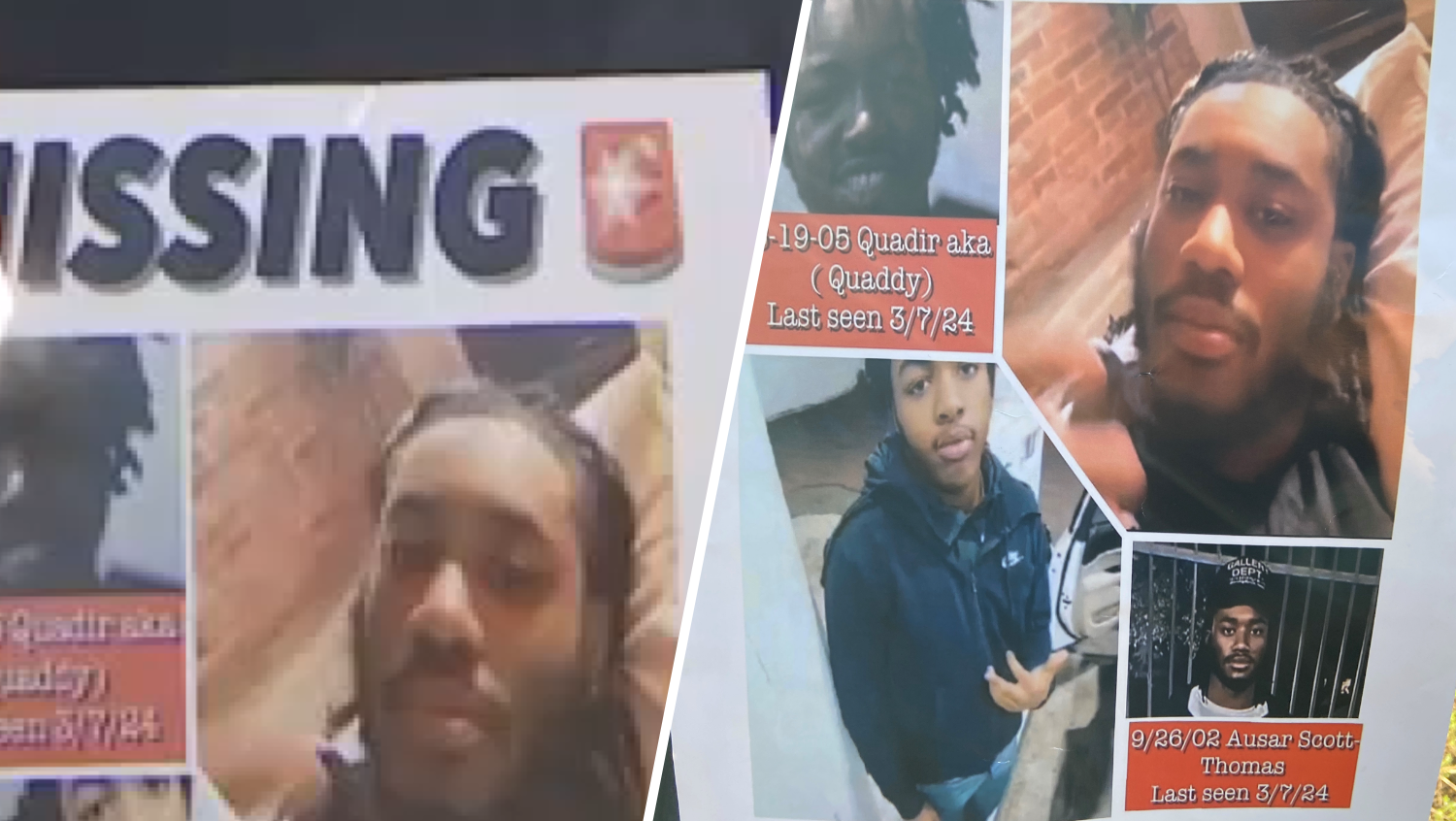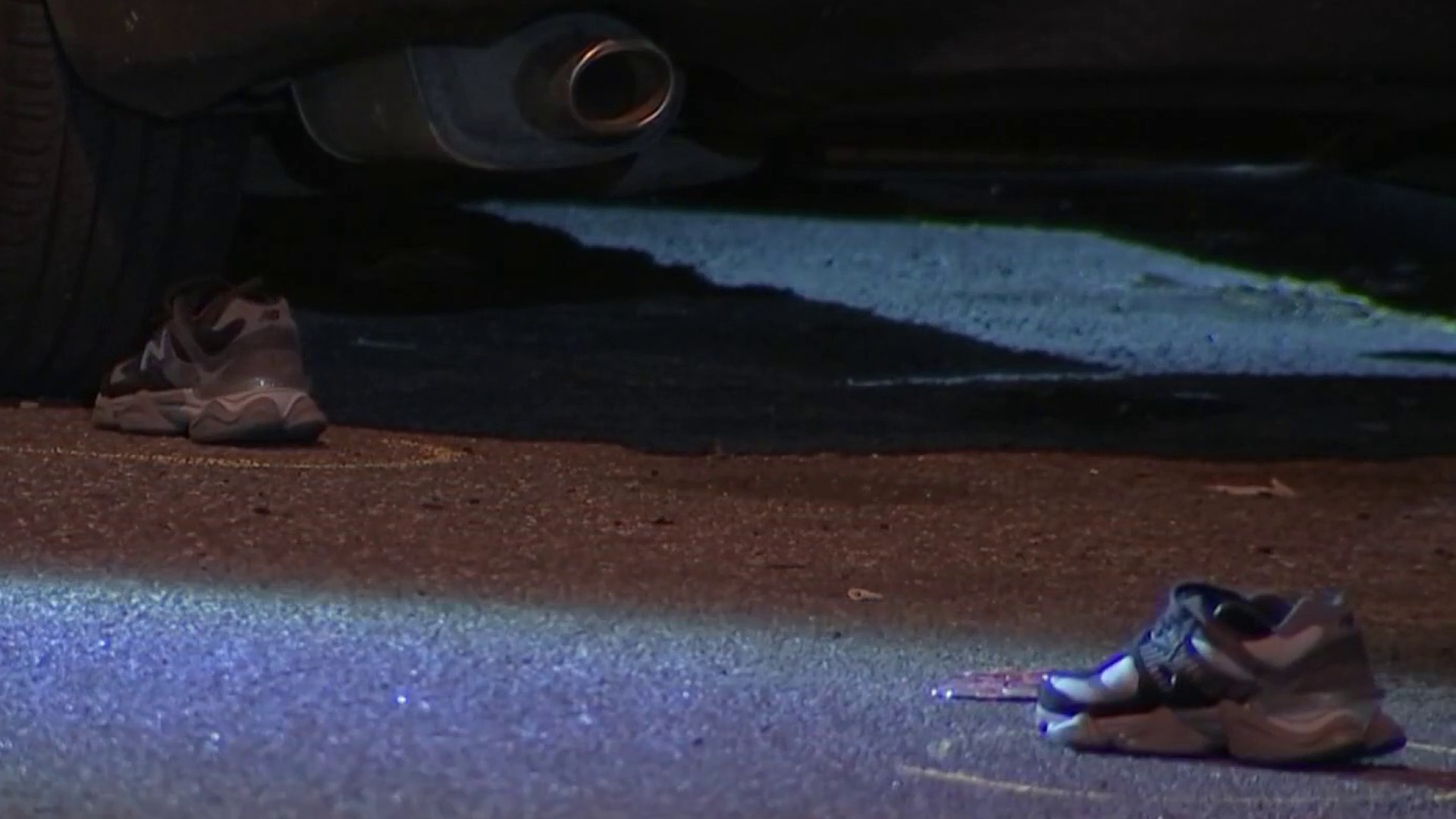Is Philadelphia bribing rich residents to live in the city at the expense of its public school children?
Essentially says Philadelphia City Councilman Wilson Goode, Jr.
Councilman Goode, Jr. made his feelings known during a lively debate inside council's first session of the fall over a bill he introduced that would cap the city's widely used 10-year real estate tax abatement to properties valued at $500,000 or less.
Under the bill, properties valued at more than $500,000 would no longer qualify for the tax exemption.
"Having no cap is ridiculous," Councilman Goode, Jr. told council. "It’s generally a tax break for the few, the new and the well to do."
The bill would also change the tax exemption amount from 100-percent for all 10 years to a tiered schedule. Homeowners would be fully exempt from paying real estate taxes for the first five years, then that amount would drop by 20-percent each year, over the next four years and 10-percent in the last year.
The councilman went on to say that developers are simply suggesting "we need to bribe better people to live here."
Local
Breaking news and the stories that matter to your neighborhood.
"I reject that," he said to applause. "For me, this is still about tax fairness."
Staunchly opposing the bill, Councilman Bill Greene rattled of the names of more than two dozen high-end residential developments across the city saying they would have never been built without the tax break.
“The abatement is not about helping wealthy people pay taxes, it’s about helping having buildings built in the city," he said.
Allan Domb, President of the Greater Philadelphia Association of Realtors, also disagreed with the bill.
“A cap is not a good thing. A cap is sending a message like we don’t want to build more expensive homes here, which is exactly what Philadelphia needs; more high earning residents," he said.
Instead, Domb said his organization offered an alternative to Councilman Goode, Jr. that would keep the stepped abatement decreases, but remove the cap.
Domb also would like to see an even longer 25 year abatement instituted in parts of the city that are ripe for development.
"In neighborhoods where the median home values are $125,000 and less, we want to see a 25 year investment at 100 percent," he said.
A vote on the bill was tabled during council's session and Councilman Goode, Jr. vowed to bring the bill up for every week until it voted on.
Should the bill pass, it would go into effect in 2016.
Contact Vince Lattanzio at 610.668.5532, vince.lattanzio@nbcuni.com or follow @VinceLattanzio on Twitter.



